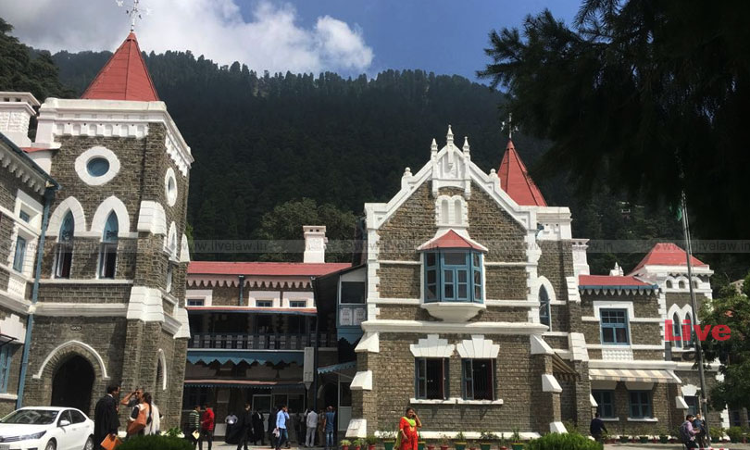The Uttarakhand High Court on Thursday issued extensive guidelines and directions to the State Election Commission and the state government to ensure free and fair elections at block and district level Panchayat heads in the State. The directions were passed by a division bench of Chief Justice Ramesh Ranganathan and Justice Alok Kumar Verma in two public interest litigations filed...

